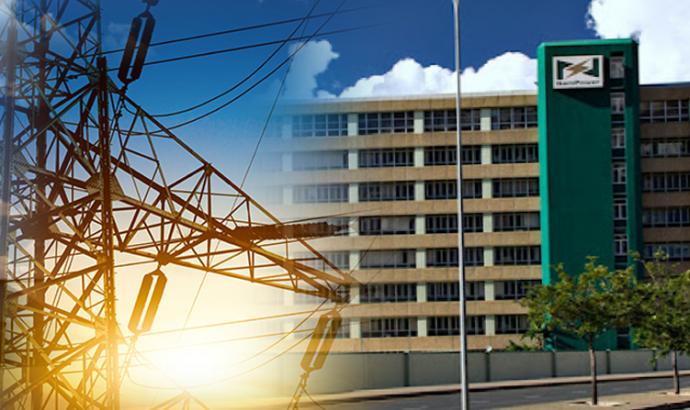The Electricity Control Board (ECB) has approved an increase of 8% in NamPower’s electricity bulk tariff for the period 2024/25.
In a statement issued on Friday, the ECB said this translates to an average tariff increase from N$1,9856 per kilowatt hour (kWh) currently to N$2,1444 per kWh.
According to the statement, NamPower applied for an effective bulk tariff increase of 14,59%.
The requested tariff adjustment would have resulted in a bulk tariff increase from N$1,9856 per kWh to N$2,2753 per kWh for the financial period 2024/25.
“As part of the tariff review process, the ECB facilitated a stakeholder consultation meeting where NamPower presented its application to stakeholders,” said the board.
The stakeholders ranged from agricultural unions, business and employer federations and associations, the mining chamber, ratepayers’ associations, independent power producers, government ministries and agencies and electricity distributors.
The ECB reviewed the tariff application submitted and the financial as well as economic impact on NamPower.
After a detailed analysis, NamPower’s revenue requirements were adjusted from N$8,4 billion to N$7,9 billion.
“The primary factor driving this tariff is the rise in the cost of electricity generation, particularly the expense associated with imported electricity. Approximately 42% of the generation cost is denominated in US dollar terms, making currency exchange fluctuations directly impact the generation tariff,” said the ECB.
The approved electricity tariff increase will be applicable to NamPower bulk customers, including regional electricity distributors (REDs), local authorities, regional councils and large industrial transmission customers such as mines.
“All distribution licencees will individually apply to the ECB for a review of their distribution tariffs, which, when applied for timely, will be applicable to end consumers effective from 1 July 2024,” the ECB stated.
For the 2024/25 period, it is projected that 45% of Namibia’s national demand for electricity will be supplied by local generation, with the remaining 55% to be met with regional imports.
The Ruacana Hydropower Station is the primary source of local generation, but its performance is dependent on the water flow of the Kunene River.
– email: matthew@namibian.com.na
Stay informed with The Namibian – your source for credible journalism. Get in-depth reporting and opinions for
only N$85 a month. Invest in journalism, invest in democracy –
Subscribe Now!










